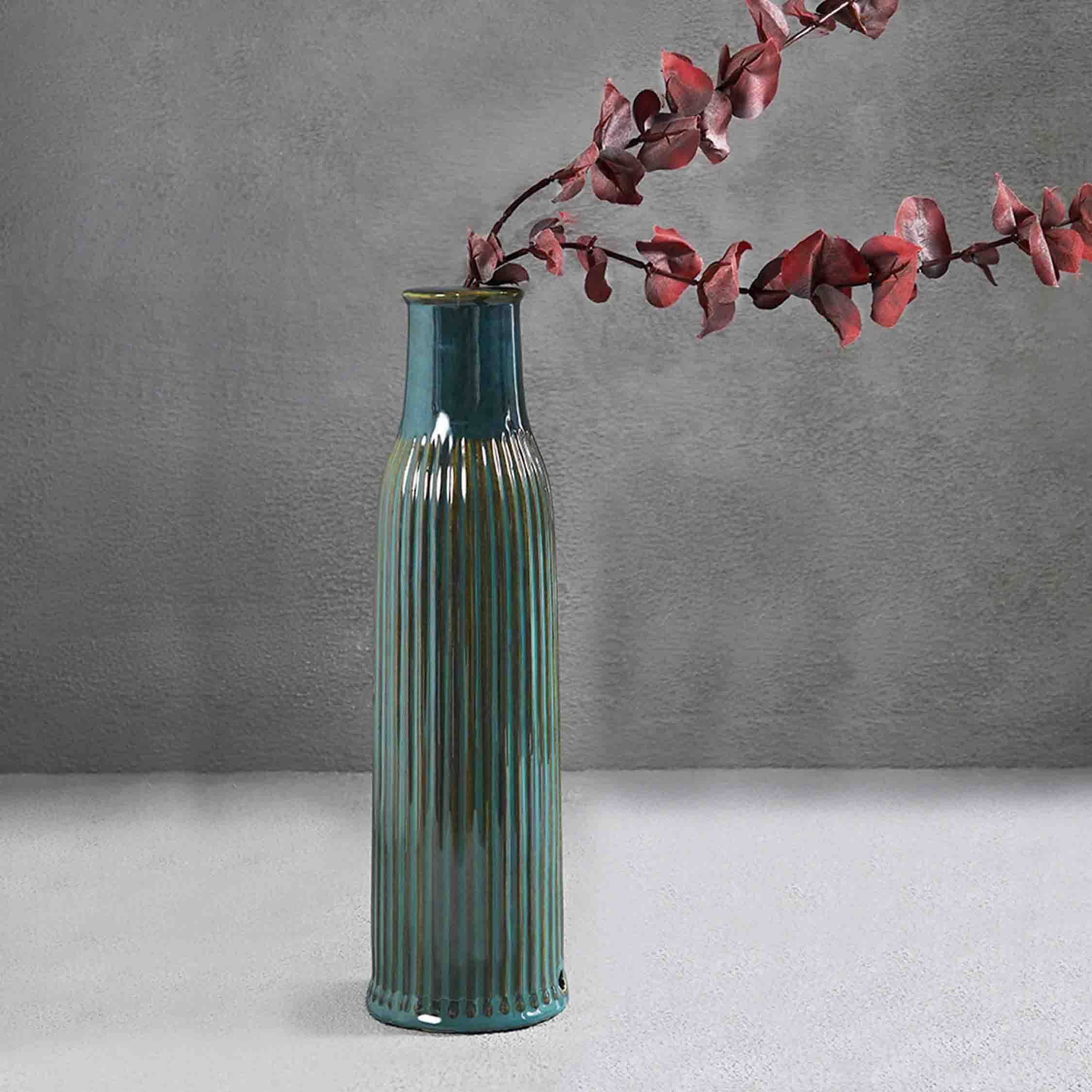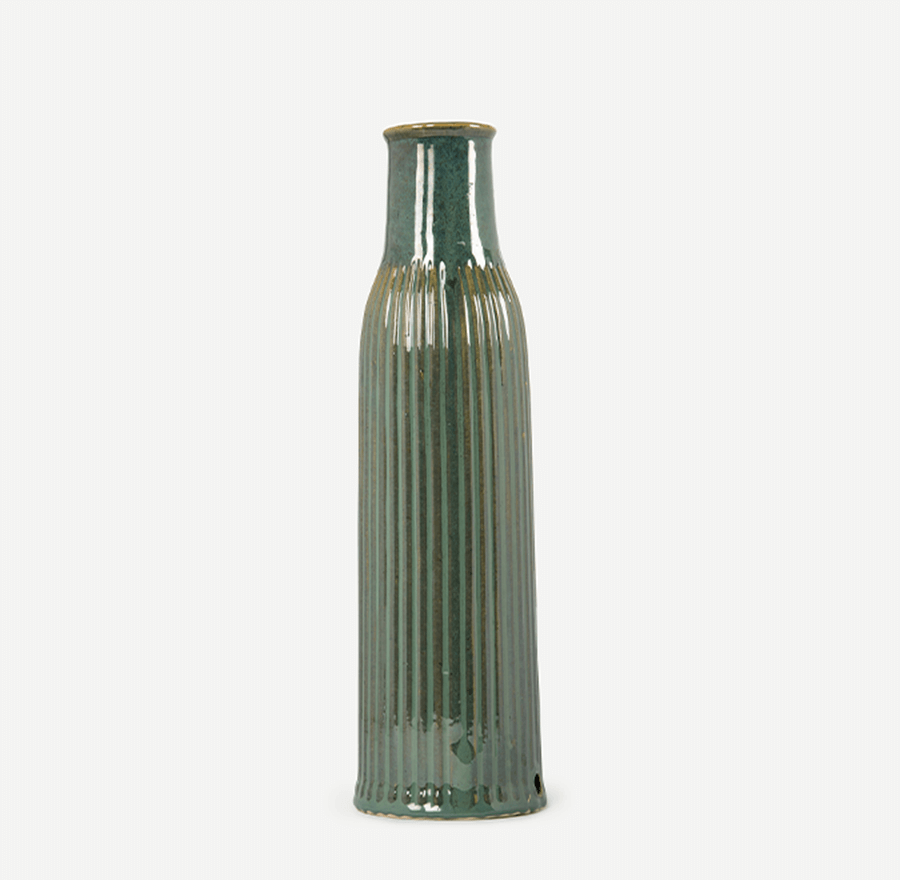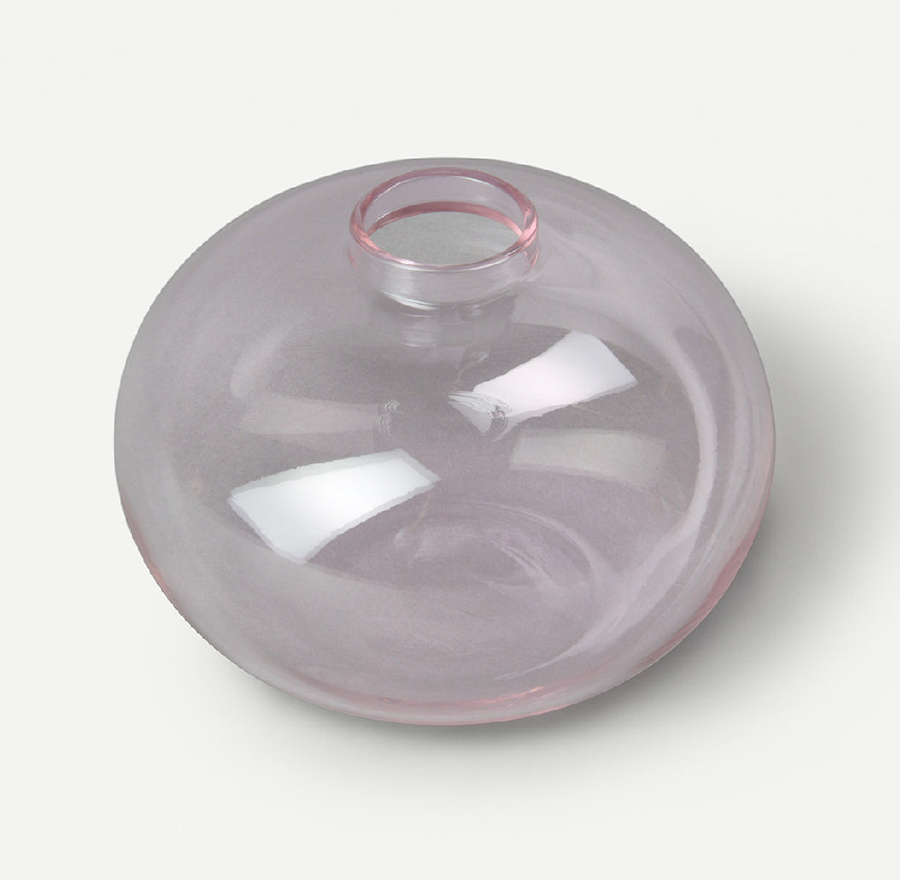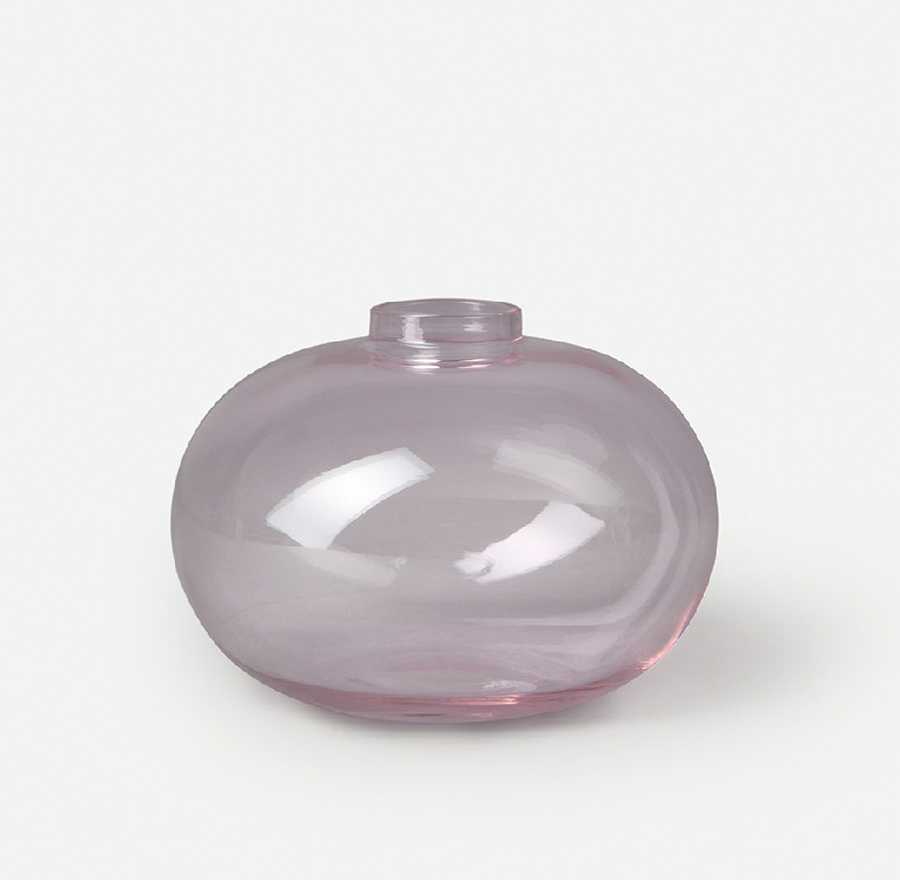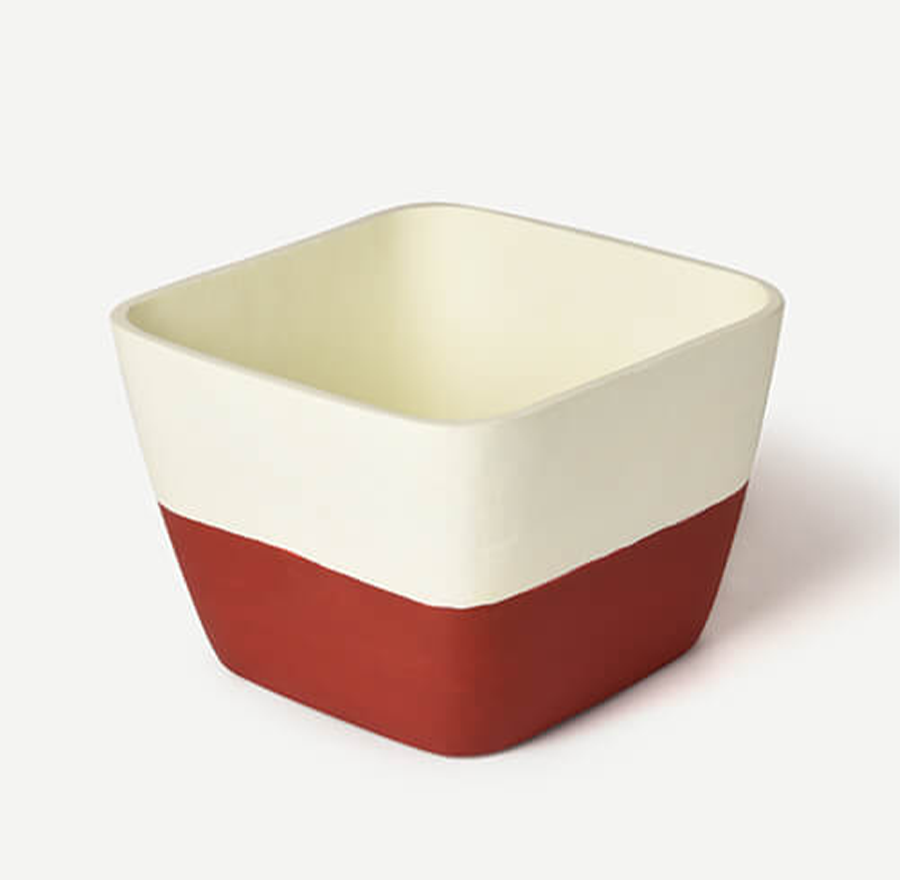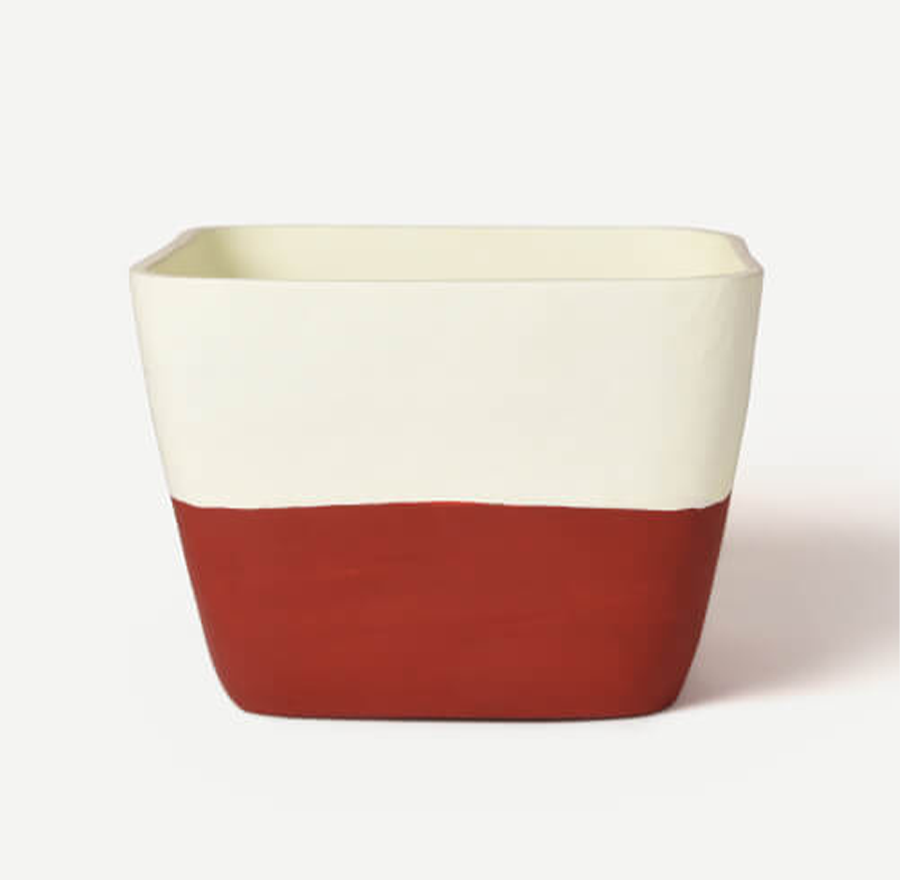PRAKRIT VASE
Handmade in Uttar Pradesh, this vase would make a stylish home for a small dry flower arrangement
Handmade in Uttar Pradesh, this vase would make a stylish home for a small dry flower arrangement
Craft Type: Kansa Kaam
Originating from the times of Mahabharata, this craft has great spiritual significance. Considered to be veritably shudh (pure), these rustic brass utensils were used in important religious ceremonies, such as Havanas and weddings. This healing metalware is made using a four is to one proportion of copper to tin, a combination prescribed by the ancient Indian medical scholar Charak in Charak Samhita, the bible of ancient Indian medicine and surgery. Moreover, our gifted Kansari Karigars use only handmade tools to create alluring patterns on what is known to be the hardest metal to work on.
Made in: Uttar Pradesh
Material: Kansa
Dimensions (cm): 13.1(L) x 13.1(B) x 24.5(H); Dia: 13.1
Dimensions (inches): 5.1(L) x 5.1(B) x 9.6(H); Dia: 5.1
Weight: 1850 grams
No. of pieces in a set: 1, One Vase
Kansa is a metal alloy of copper and tin, and the process of making kansa ware begins with melting these metals to make the alloy, followed by repeated hammering and beating of the metal alloy to give it form and shape. Ikai Asai’s kansa ware is handmade by craftspeople in Uttar Pradesh using tools such as hammers, pincers, tongs and scrapers. It is a highly skilled craft requiring years of practice. It is also a collaborative process and each piece requires multiple craftspeople to work together simultaneously.
- Wash by hand only, using a mild dishwashing soap, or with lemon and baking soda, or with imli (tamarind) as done traditionally. Use a soft sponge to avoid abrasions. Clean immediately after use, and wipe it dry using a clean, dry cloth.
- Kansa wares are safe to serve from and eat out of. However, it is not advisable for storing food.
- Avoid using kansa ware for serving or eating extremely sour or citric foods.
- This product is not microwave-safe.
- Kansa naturally darkens with use, and there is little you can do to prevent its natural ageing. If left untreated bronze will eventually turn entirely, but unevenly, dark. This dark oxidized state is the natural colour of all copper alloys and is safe to use.
- Description
- Process & Craft
- Care
Craft Type: Kansa Kaam
Originating from the times of Mahabharata, this craft has great spiritual significance. Considered to be veritably shudh (pure), these rustic brass utensils were used in important religious ceremonies, such as Havanas and weddings. This healing metalware is made using a four is to one proportion of copper to tin, a combination prescribed by the ancient Indian medical scholar Charak in Charak Samhita, the bible of ancient Indian medicine and surgery. Moreover, our gifted Kansari Karigars use only handmade tools to create alluring patterns on what is known to be the hardest metal to work on.
Made in: Uttar Pradesh
Material: Kansa
Dimensions (cm): 13.1(L) x 13.1(B) x 24.5(H); Dia: 13.1
Dimensions (inches): 5.1(L) x 5.1(B) x 9.6(H); Dia: 5.1
Weight: 1850 grams
No. of pieces in a set: 1, One Vase
Kansa is a metal alloy of copper and tin, and the process of making kansa ware begins with melting these metals to make the alloy, followed by repeated hammering and beating of the metal alloy to give it form and shape. Ikai Asai’s kansa ware is handmade by craftspeople in Uttar Pradesh using tools such as hammers, pincers, tongs and scrapers. It is a highly skilled craft requiring years of practice. It is also a collaborative process and each piece requires multiple craftspeople to work together simultaneously.
- Wash by hand only, using a mild dishwashing soap, or with lemon and baking soda, or with imli (tamarind) as done traditionally. Use a soft sponge to avoid abrasions. Clean immediately after use, and wipe it dry using a clean, dry cloth.
- Kansa wares are safe to serve from and eat out of. However, it is not advisable for storing food.
- Avoid using kansa ware for serving or eating extremely sour or citric foods.
- This product is not microwave-safe.
- Kansa naturally darkens with use, and there is little you can do to prevent its natural ageing. If left untreated bronze will eventually turn entirely, but unevenly, dark. This dark oxidized state is the natural colour of all copper alloys and is safe to use.












